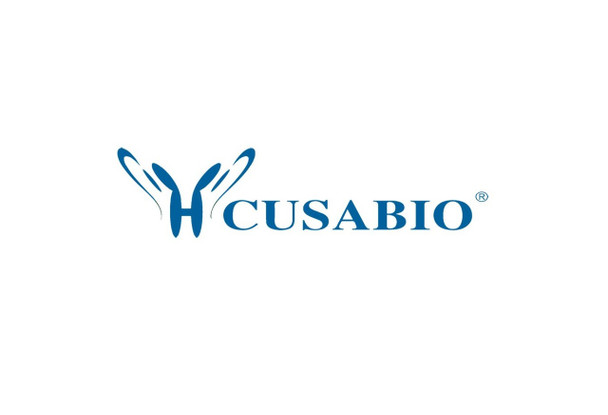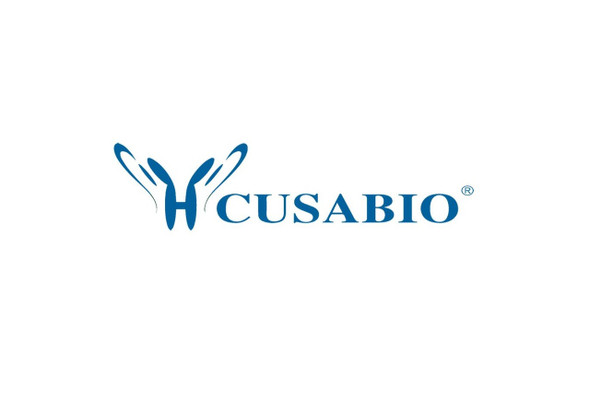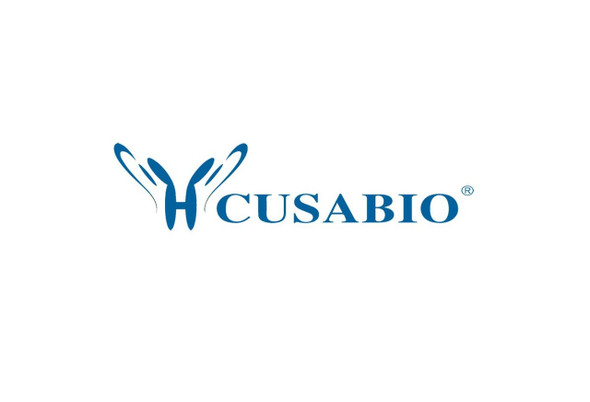Cusabio Active Proteins
Recombinant Human Fibroblast growth factor receptor-like 1 (FGFRL1), partial (Active) | CSB-AP003671HU
- SKU:
- CSB-AP003671HU
- Availability:
- 5 to 10 Working Days
Description
Recombinant Human Fibroblast growth factor receptor-like 1 (FGFRL1) ,partial (Active) | CSB-AP003671HU | Cusabio
Protein Description: Extracellular Domain
Alternative Name (s) : Fibroblast Growth Factor Receptor-Like 1; FGF Receptor-Like Protein 1; FGF Homologous Factor Receptor; FGFR-Like Protein; Fibroblast Growth Factor Receptor 5; FGFR-5; FGFRL1; FGFR5; FHFR
Gene Names: FGFRL1
Research Areas: Signal Transduction
Species: Homo sapiens (Human)
Source: Mammalian cell
Tag Info: C-terminal 6xHis-tagged
Expression Region: 25-378aa
Sequence Info: ARGPPKMADKVVPRQVARLGRTVRLQCPVEGDPPPLTMWTKDGRTIHSGWSRFRVLPQGLKVKQVEREDAGVYVCKATNGFGSLSVNYTLVVLDDISPGKESLGPDSSSGGQEDPASQQWARPRFTQPSKMRRRVIARPVGSSVRLKCVASGHPRPDITWMKDDQALTRPEAAEPRKKKWTLSLKNLRPEDSGKYTCRVSNRAGAINATYKVDVIQRTRSKPVLTGTHPVNTTVDFGGTTSFQCKVRSDVKPVIQWLKRVEYGAEGRHNSTIDVGGQKFVVLPTGDVWSRPDGSYLNKLLITRARQDDAGMYICLGANTMGYSFRSAFLTVLPDPKPPGPPVASSSSATSLPWP
Biological Activity: The ED50 as determined by its ability to bind Human FGF Basic in functional ELISA is less than 5 ug/ml.
MW: 39.9 kDa
Purity: Greater than 95% as determined by SDS-PAGE.
Endotoxin: Less than 1.0 EU/µg as determined by LAL method.
Relevance: Fibroblast Growth Factor Receptor-Like 1 (FGFRL1) is a single-pass type I membrane protein that belongs to the FGF receptor family. The mature human FGFRL1 consists of a 354 amino acid extracellular domain (ECD) with 3 Ig-like C2-type domains, a 21 amino acid transmembrane segment, and a 134 amino acid cytoplasmic domain. FGFR1 expressed in various tissues, preferentially in cartilaginous tissues and pancreas. It highly expressed in the liver, kidney, heart, brain and skeletal muscle, weakly expressed in the lung, small intestine and spleen. FGFRL1 has a negative effect on cell proliferation.
PubMed ID:
Notes: Repeated freezing and thawing is not recommended. Store working aliquots at 4℃ for up to one week.
Function: Has a negative effect on cell proliferation.
Involvement in disease:
Subcellular Location: Membrane, Single-pass type I membrane protein
Protein Families:
Tissue Specificity: Expressed preferentially in cartilaginous tissues and pancreas. Highly expressed in the liver, kidney, heart, brain and skeletal muscle. Weakly expressed in the lung, small intestine and spleen.
Paythway:
Form: Lyophilized powder
Buffer: Lyophilized from a 0.2 μm filtered 20 mM Tris-HCl, 150 mM NaCl, pH 8.0
Reconstitution: We recommend that this vial be briefly centrifuged prior to opening to bring the contents to the bottom. Please reconstitute protein in deionized sterile water to a concentration of 0.1-1.0 mg/mL.We recommend to add 5-50% of glycerol (final concentration) and aliquot for long-term storage at -20℃/-80℃. Our default final concentration of glycerol is 50%. Customers could use it as reference.
Uniprot ID: Q8N441
Uniprot Entry Name:
HGNC Database Link: HGNC
UniGene Database Link: UniGene
KEGG Database Link: KEGG
STRING Database Link: STRING
OMIM Database Link: OMIM









